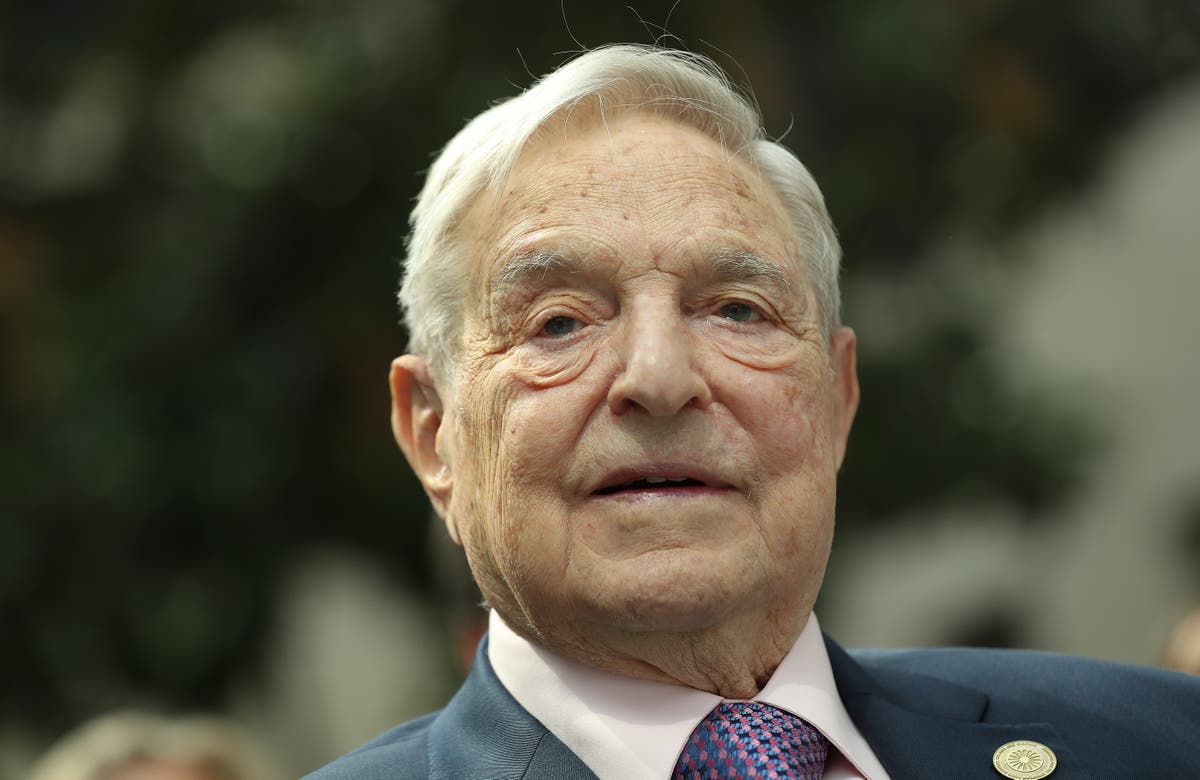Gambling
Dutch regulator reveals new gambling penalty system

Dutch gambling regulator Kansspelautoriteit (KSA) has announced details of a new general fine policy, setting out five core categories of increasing penalties dependent on individual breaches of online gaming law.
Published today (2 January), the penalty policy applies to all gambling operators and providers active in the Netherlands. KSA is implementing the new fine system with immediate effect.
Central to the policy is five categories, each of which sets out the maximum operators can be fined for certain offences. Penalties can range from a formal warning up to a fine of €4 million (£3.3 million/$4.1 million).
Category 1 penalties range up to €500, with this also being the basic fine. Penalties within Category 2 go up to €10,000. Category 3 fines go to €200,000 and Category 4 to €1 million. The largest penalties are for Category 5 offences, with the basic fine within this bracket amounting to €2 million.
Steps to decide penalty amount
KSA will examine each case to determine which category the offence falls into. Category 5 fines will cover cases that involve a breach of the Anti-Money Laundering and Anti-Terrorist Financing Act (Wwft).
In organising fines, KSA will follow a nine-step plan. Step one will see the regulator apply a basic amount for the fine, but this can be doubled at step two in the case of reoffence.
At step three, the KSA may increase or decrease the fine by up to 50% when judging the seriousness of the case. This is similar at step four, where penalties may rise or fall by 50% when examining where the operator or provider places blame for the offence.
Step five will see the regulator take into account the size of the offender. Fines will be relative to the gross turnover of each operator.
Operators will gross turnover under €1 million will face a fine percentage of 10% their annual gross turnover. This will be set at 20% for those between €1 million and €2.5 million, and 40% for €2.5 million to €5 million. A 60% rate will apply to business with gross turnover between €5 million and €7.5 million, 80% for €7.5 million to €10.0 million, and 100% for any operators above this.
At step six, KSA will consider any special circumstances that may impact the penalty. Step seven will see the regulator assess multiple fines and whether these are relative to all offences committed. After these assessments, KSA may elect to increase the fine.
Finally, KSA at step nine will consider the financial capacity of the offender and whether they require a payment plan. This, however, will not lead to the penalty being reduced.
KSA chair: new policy motivates operator to avoid fines
Speaking about the new system, KSA chairman Michel Groothuizen said that it represents an evolving Dutch market. The country’s regulated online sector only opened in 2021.
“KSA is increasingly professionalising as an organisation,” Groothuizen said. “After the opening of the online market in 2021, we were given a new category of licence holders. In 2022, we imposed a first fine on a licence holder.
“We have now gained enough experience to arrive at a well-considered fine policy for both licence holders and other parties. This creates clarity for the parties under our supervision and hopefully motivates them even more to avoid fines.”
The regulator handed out a number of hefty fines in 2024, including to various unlicensed operators providing gambling activities illegally in the Netherlands.
Dutch market set for more change
The new policy comes after Teun Struycken, minister for legal protection in the Netherlands, last month said the government is working on updated gambling policy. He plans to present this to the country’s house of representatives in March.
House member Michiel van Nispen noted the current Remote Gambling Act has led to strong competition in the online market. This, he said, has in turn created “undesirable financial incentives” within the sector.
However, Van Nispen said no competition exists in the land-based market as Holland Casino holds a monopoly. He questioned whether more operators should be allowed to join this sector.
Struycken is working on policy to address this issue. He said this could include measures related to competition in the land-based segment.
“By March 2025, I will send my vision on the future development and objectives of gambling policy,” Struycken said. “In this, I will include considerations regarding competition in the market.”


:max_bytes(150000):strip_icc():focal(2999x0:3001x2)/madewell-capsule-wardrobe-tout-17e68723d1144e02b36607def1d19ed5.jpg)







